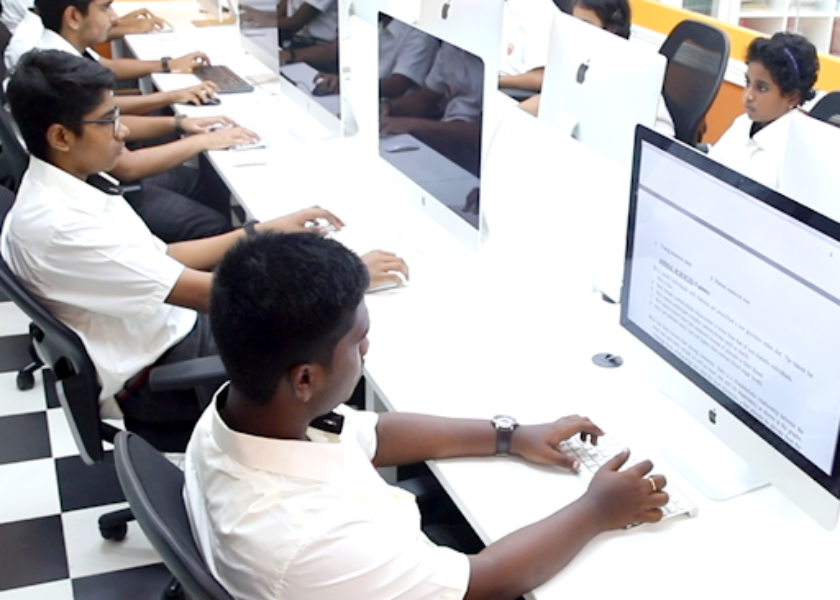In a rapidly changing world, the education landscape is evolving to prepare students for the challenges and opportunities that lie ahead. One vital aspect of this evolution is the emphasis on cultivating leadership skills within the International Baccalaureate (IB) curriculum. Beyond academic excellence, the IB curriculum recognizes the significance of nurturing leadership qualities in students. In this article, we probe into the vital role of leadership skills within the IB curriculum and how they shape the leaders of tomorrow.
Leadership Skills in the IB Curriculum:
The IB curriculum is renowned for its holistic approach to education, aiming to develop students into well-rounded individuals with a global perspective. Leadership skills are seamlessly integrated into the curriculum, fostering attributes such as communication, collaboration, critical thinking and empathy.
- Approaches to Learning (ATL) Skills:
The IB curriculum emphasizes the development of Approaches to Learning skills. These skills encompass thinking, communication, self management, social and research skills. Such skills not only enhance academic success but also lay the foundation for effective leadership.
- Creativity, Activity, Service (CAS) Component:
CAS is a core component of the IB Diploma Programme. It encourages students to engage in creative, physical and service-oriented activities. Through CAS, students learn to lead initiatives, collaborate with peers and make a positive impact in their communities.
- Theory of Knowledge (TOK) and Critical Thinking:
TOK encourages students to question assumptions and think critically about the nature of knowledge and the ways in which we acquire, evaluate, and use knowledge. This intellectual inquiry is essential for effective leadership, enabling individuals to analyze complex situations, make informed decisions and inspire others.
- Extended Essay and Research Skills:
The Extended Essay is designed to promote independent research and critical thinking skills, and it serves as an opportunity for students to engage in academic inquiry and produce a substantial piece of writing. This cultivates skills such as problem-solving, research methodology and effective communication – all crucial for leadership roles.
Leadership Beyond the Curriculum:
Apart from the structured elements of the curriculum, IB schools often provide additional platforms for students to hone their leadership skills. Student councils, clubs, and extracurricular activities offer opportunities for students to take on leadership roles, organize events and collaborate with peers.
Gateway International School’s Perspective:
Gateway International School, an esteemed IB school in Chennai, places a strong emphasis on nurturing leadership skills. The school believes that leadership is not solely about holding positions of authority, but about influencing positive change. Through innovative teaching methods, real-world projects and mentorship, Gateway International School aims to empower students to become compassionate, responsible and visionary leaders. As one of the prominent IB board schools in Chennai, Gateway IB Continuum School is dedicated to cultivate an educational environment that encourages holistic growth and global awareness.
Preparing Leaders for Tomorrow:
The role of leadership skills in the IB curriculum extends beyond school years. As students graduate and step into the wider world, they carry with them a set of skills that transcend traditional career paths. Whether in academia, business, public service or any other field, these skills enable them to lead with integrity, empathy and a global perspective.
Conclusion:
The IB curriculum’s commitment to nurturing leadership skills equips students with qualities that extend far beyond the classroom. By promoting collaboration, critical thinking and a sense of responsibility, the curriculum lays the groundwork for empowering future leaders who are ready to tackle the challenges of an interconnected and rapidly changing world. Through this holistic approach, the IB curriculum contributes to the development of leaders who can shape a brighter future for themselves and for society at large.





